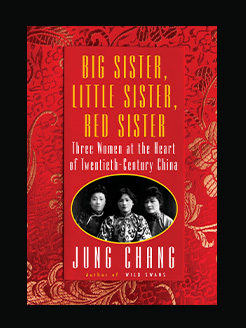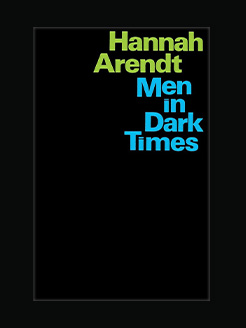Published in 2009
173 pages
Trinh T. Minh-ha is a filmmaker, writer, academic and composer. She is an independent filmmaker and feminist, post-colonial theorist. She teaches courses that focus on women’s work as related to cultural politics, post-coloniality, contemporary critical theory and the arts. The seminars she offers focus on Third cinema, film theory and aesthetics, the voice in cinema, the autobiographical voice, critical theory and research, cultural politics and feminist theory. She has been making films for over twenty years and may be best known for her first film Reassemblage, made in 1982. She has received several awards and grants, including the American Film Institute’s National Independent Filmmaker Maya Deren Award, and Fellowships from the John Simon Guggenheim Foundation, the National Endowment for the Arts and the California Arts Council. Her films have been the subject of twenty retrospectives.
What is this book about?
Best summed up in this review by Ayanna Dozier from goodreads:
Trinh T. Minh-ha’s writing is an embodied practice that is to say Min-ha writes from her specific standpoint position in society. Minh-ha argues that feminism needs to make room for cultural, racial, national, and gender differences. She, like many “intersectional” feminists, believes that carrying the “sign” of woman should not be used as a universal “sameness.” Minh-ha contends that differences amongst individuals who identify feminists must make room to speak out against hegemonic power relations that are mimicked under the guise of feminism. More simply put, Minh-ha is specifically arguing against white feminists whose aims are to gain the power to “be equal to men.” Minh-ha asserts that this logic/aim only re-iterates white colonialist structures that seek to marginalize individuals over racial, sexual, and other gender differences. For Minh-ha, feminism is against oppression and should be a liberating force for all and not some. Additionally, Minh-ha argues that we should not be afraid to speak out against white feminists who re-appropriate the dialogue, performative tacts and speech acts of the colonizer in the name of feminism.







